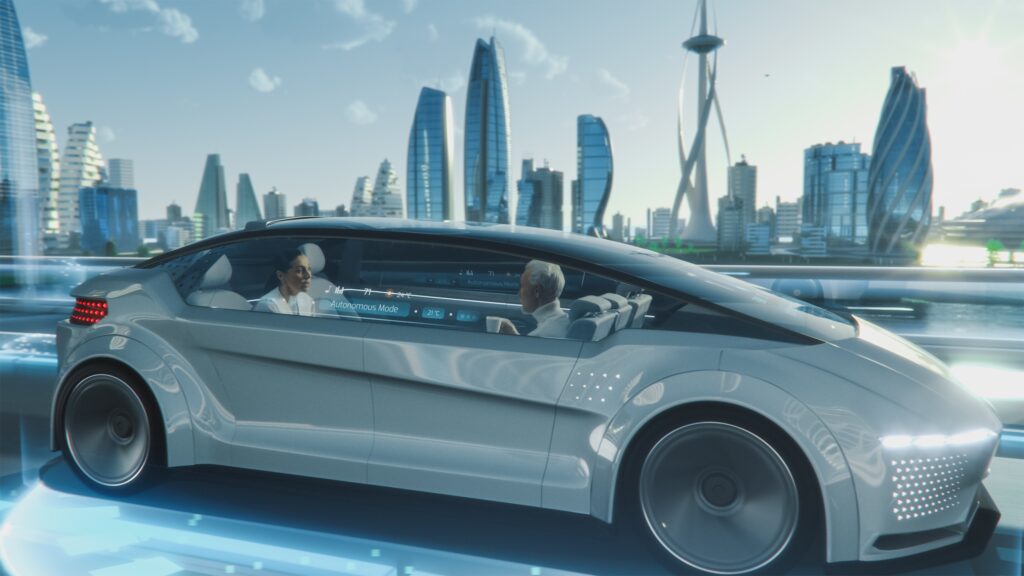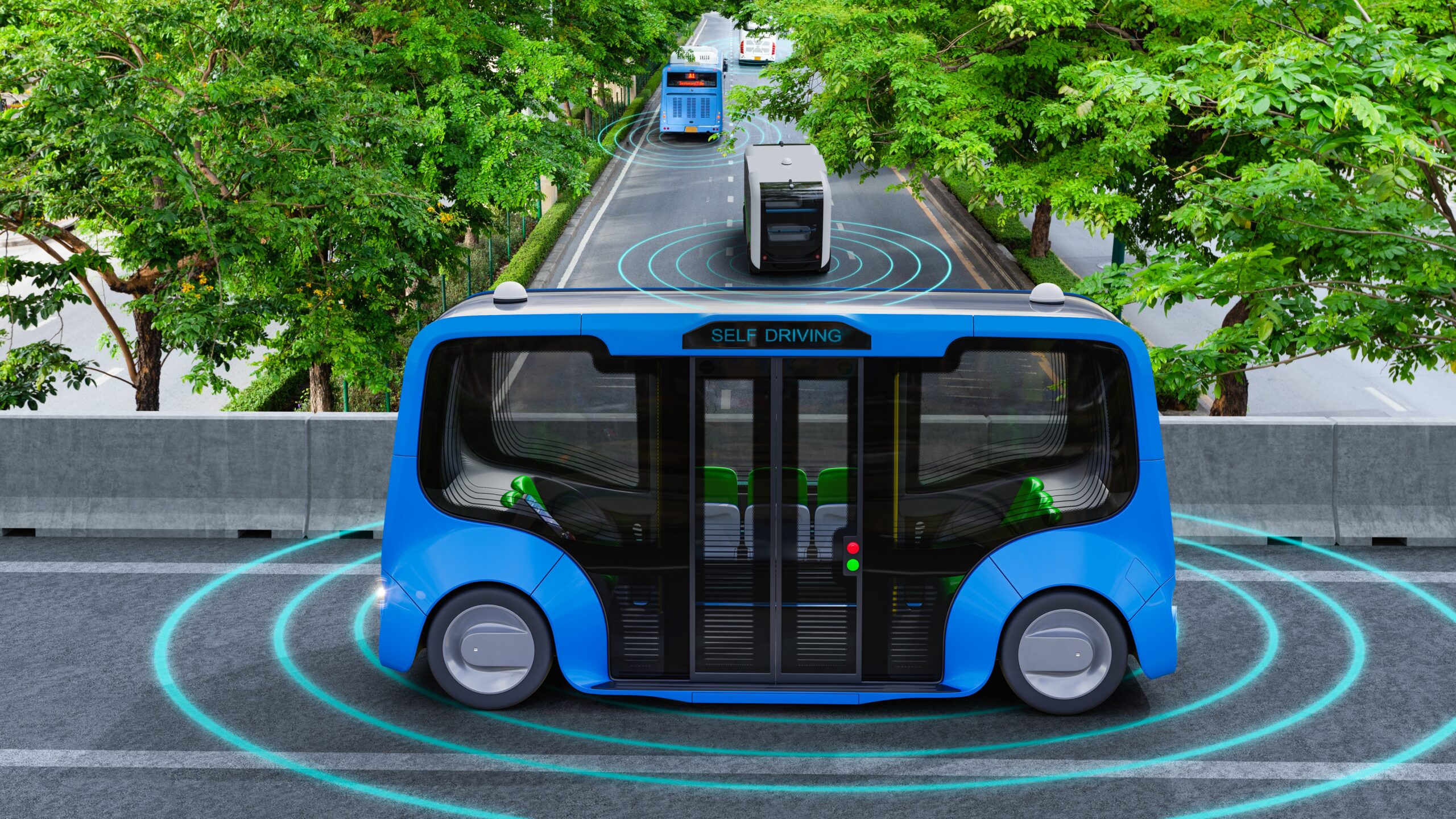For many, the freedom and flexibility a car provides is sacrosanct. This is perhaps most evident in the U.S. where 91.3% of households have access to at least one vehicle. But will traditional car ownership as we know it be a thing of the past – disrupted by emerging mobility trends and changing consumer behaviours? While few expect the public’s reliance on personal vehicles to fade anytime soon, significant cultural and economic shifts – pandemic-related and otherwise – may offer a glimpse of what’s to come.
Demand for alternative mobility solutions
It’s hard to imagine life without cars – our relationship with them has been going strong for the past century. But in some ways and for some people, owning a vehicle today is making less and less sense. Foremost is the reality that city streets are already clogged to capacity, stretching our urban centres to the limit. There are an estimated 1.4 billion vehicles in operation worldwide and over 70 million more vehicles coming to market each year. By 2050, two out of every three people are likely to be living in cities or other urban centres, the UN estimates. To move forward towards sustainability and keep our cities liveable, Mobility-as-a-Service (MaaS) solutions will be needed to improve transportation efficiencies in all corners of the globe.
Consumer attitudes and preferences towards mobility are evolving based on access to in-vehicle technologies, convenience, cost, and other influencing factors. In today’s mobility ecosystem, there are more viable alternatives to car ownership than ever before. With a rise of Netflix-style car subscription models – alongside the advent of car sharing, ride-hailing and self-driving vehicles – unique and enhanced mobility solutions may pave the way for a new era of ‘access over ownership’. For automotive manufacturers who must now navigate this sharing economy with agility, there is an opportunity to create new user-centric experiences as on-demand services shift the marketplace.

Future of car ownership
According to a pre-pandemic survey from 2019, nearly half (48%) of respondents said they would consider giving up car ownership if autonomous mobility solutions, such as self-driving buses or taxis, were available. While 96% of car owners said they think they will own a car in the future, the growing adoption of shared mobility services provide an opportunity to complement, rather than replace, privately-owned vehicles over the coming decades. Considering that the typical car is parked and idle 95% of its lifetime, it becomes clear just how inefficient automobiles are and why they must be better utilised. In the future, connected, sustainable and autonomous technologies could transform vehicles into revenue-generating robotaxis, serving a multitude of riders 24/7 while creating profit for vehicle owners.
It’s impossible to predict how future mobility trends will reshape the concept of traditionally-owned vehicles, but transformative change is rarely linear and will come in waves. As disruptive technologies get more sophisticated and our transport needs evolve, tomorrow’s automotive landscape will shift from a product-focused model to one that is service-focused.
Learn more: An All-Electric Future for Commercial EV Fleets

